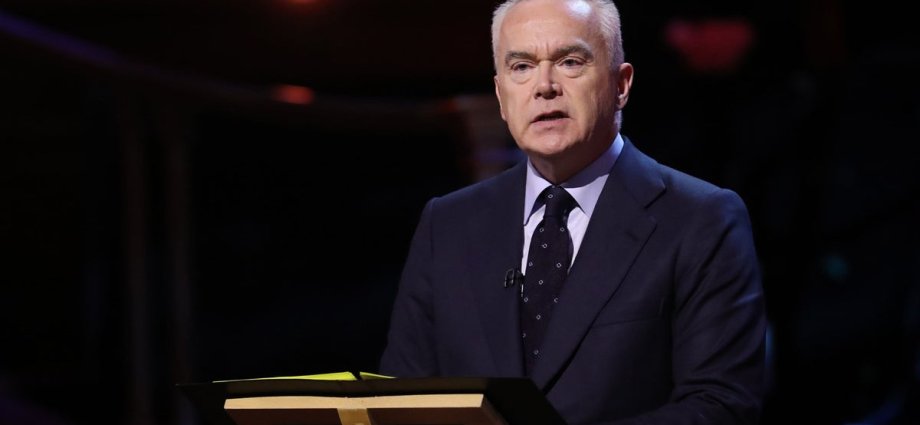ulture secretary Lucy Frazer has defended speaking directly to the BBC’s director-general about the “very serious issue” when allegations surfaced against presenter Huw Edwards.
Ms Frazer called the corporation’s director-general Tim Davie in July after reports claimed that a presenter, who was later identified as Edwards, had paid a teenager for sexually explicit images.
She was questioned about her intervention in the case, which was branded as “not a standard” practice, during a House of Lords’ Communications and Digital Committee meeting on Wednesday.
During the session, Committee chairwoman Baroness Stowell noted that as the BBC is a public service broadcaster, the Government needed to remain “very mindful” about any actions which could call that role into question.
Baroness Stowell questioned Ms Frazer if it would have been “more appropriate” for her to have contacted the acting BBC chairwoman Dame Elan Closs Stephens.
Dame Elan stepped into the role, which is appointed by the Culture Secretary, following Richard Sharp’s resignation earlier this year.
Ms Frazer replied: “I have spoken to both the chairman and the director-general about this issue and I have been updated by both of them on this subject.
“I think it’s important that the Secretary of State has a constructive relationship with both the chair and the director-general on a range of issues.
“And it is the chair that has taken the primary role in saying that she will update me on… how she and the board are holding the executive to account on this issue.
“But I do think that it’s important for me to liaise with both the director-general and the chair.”
Further questioned about her intervention when reports first emerged, she added: “I think that was a very serious issue and it was important that the Government made its views known.
“As I said, I have on this issue and many others, spoken to both the chair and the director-general.
“I have a regular meeting with the chair to ensure that this and on other issues she continues to hold the executive to account.”
The BBC came under fire for its handling of the initial complaints against Edwards, which were were originally raised by the family of the young person in May.
The corporation said it tried to contact the family twice before The Sun published an exclusive story detailing the allegations.
In a letter to BBC News, the young person at the centre of the controversy later said via lawyers nothing inappropriate or unlawful happened with the-then unnamed presenter and the Metropolitan Police later said no criminal offence was committed by Edwards.
The BBC is currently undertaking two pieces of work which will look into the corporation’s protocols and procedures.
The first will examine whether the “red flagging” of non-editorial complaints made to the BBC can “appropriately identify matters that require referring up within the organisation”.
The second review will assess the effectiveness of current BBC policies and processes in light of the specifics of the Edwards case.
It is being led by group chief operating officer Leigh Tavaziva and will be overseen by the board’s senior independent director, Sir Nicholas Serota.











